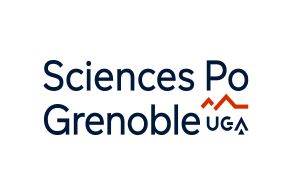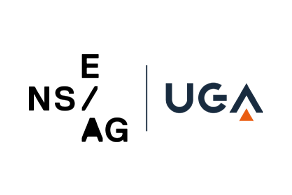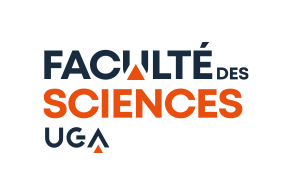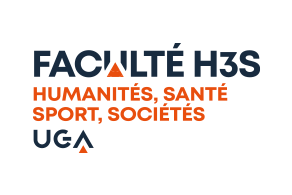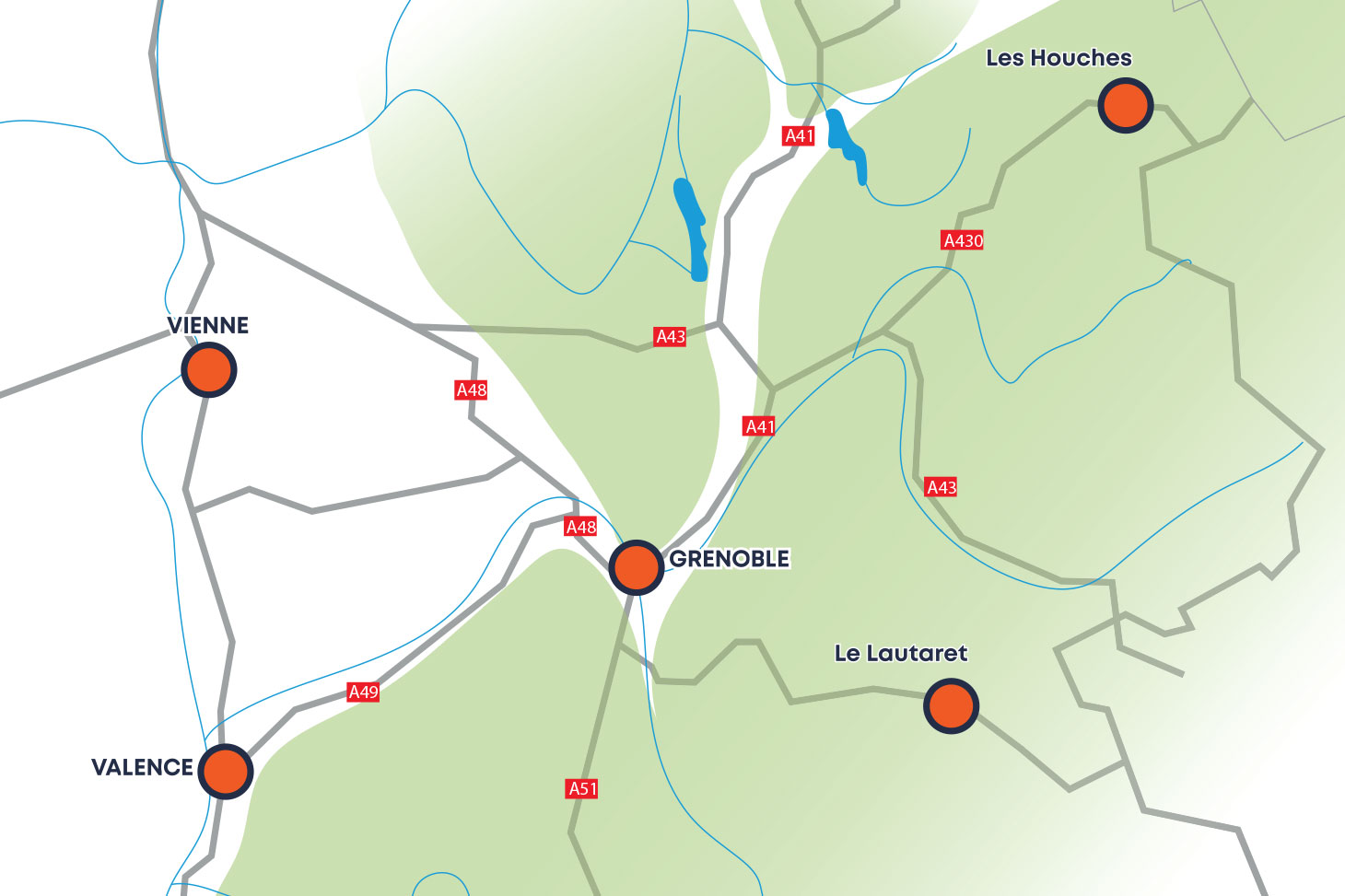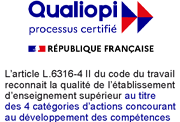Accueil
En ce moment à l'Université Grenoble Alpes
- Le Mois de la biodiversité à l’UGA !Du 30 avril au 30 mai, aventurez-vous dans le laboratoire géant de la biodiversité : les campus de l’UGA ! Pendant tout un mois dédié à la biodiversité, participez à une série d’événements pour découvrir toutes les initiatives portées par l’UGA !Lire la suite
- Les skyrmions se déplacent à des vitesses record : un nouveau pas vers l’informatique de demainUne équipe de recherche internationale dirigée par des scientifiques du CNRS a découvert que les skyrmions, des nanobulles magnétiques, pouvaient être déplacées à l’aide d’un courant électrique à des vitesses record, jusqu’à 900 m/s.Lire la suite
- Elections à la présidence de l'UGA - Appel à candidatureA la suite de l'élection de ses nouveaux représentants des personnels et des usagers au conseil d’administration, l’Université Grenoble Alpes élira son président ou sa présidente lors de la réunion du conseil d’administration prévue le jeudi 16 mai 2024. Dans ce cadre, un appel à candidature est ouvert.Lire la suite
- Let’s play UGA : 22 883 € récoltés pour les projets solidairesLe 18 avril dernier, l'UGA organisait Let's play, un événement gaming et solidaire en faveur de projets portés par les associations étudiantes pour lutter contre la précarité étudiante. Cet événement inédit a permis de récolter 22 883 € grâce à la générosité de toutes et tous, et notamment des mécènes de la Fondation Université Grenoble Alpes.Lire la suite
Agenda
- Session de formationMettez de la créativité dans vos enseignements !Du 12 avril 2024 au 18 juin 2024Saint-Martin-d'Hères - Domaine universitaire
- Spectacle, Théâtre"Le misanthrope" de MolièreDu 29 avril 2024 au 30 avril 2024Saint-Martin-d'Hères - Domaine universitaire
- ConférenceMois de la biodiversité : la biodiversité, origine, fonctions et enjeux sociétaux !le 30 avril 2024Saint-Martin-d'Hères - Domaine universitaire
59 500
étudiants
30
écoles, facultés et instituts
600
parcours et filières
71
unités de recherche
Au top de la recherche mondiale
Top 150 du classement de Shanghai 2023
L’Université Grenoble Alpes conserve son rang dans le top 150 du classement global de Shanghai 2023 qui compare la productivité de la recherche des 1000 meilleures universités dans le monde. Au niveau national, elle maintient sa place au 5e rang des meilleures universités françaises.

Top 50 dans 6 disciplines scientifiques
Dans le classement thématique de Shanghai 2022, l'Université Grenoble Alpes figure dans le top 50 mondial dans 6 disciplines scientifiques :
- 12e en télédétection.
- 24e en sciences de la Terre.
- 39e en génie métallurgique.
- 40e en physique.
- 40e en mathématiques.
- 50e en géographie.






